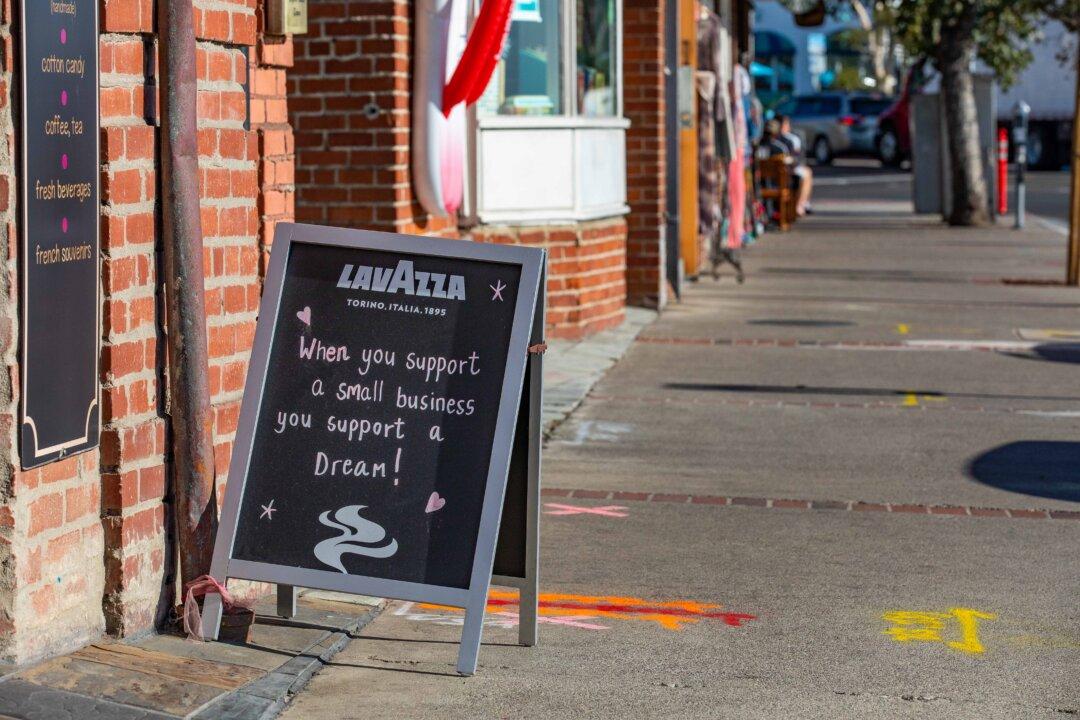American small-business confidence slightly climbed to a seven-month high last month, but concerns about inflation remain persistent, according to a recent report.
Pessimism over the U.S. economy diminished sharply, while sales expectations improved, but a persistently tight labor market is continuing to concern analysts about future inflation rates.
The National Federation of Independent Business (NFIB) Small Business Optimism Index, which was released on July 11, showed that small-business owners faced a tough situation following the banking crisis this spring, but were becoming more optimistic.
The index rose 1.6 points to 91 last month, the greatest month-to-month improvement since August 2022 and the highest level so far this year.“Halfway through the year, small-business owners remain very pessimistic about future business conditions and their sales prospects,” said NFIB chief economist Bill Dunkelberg.





